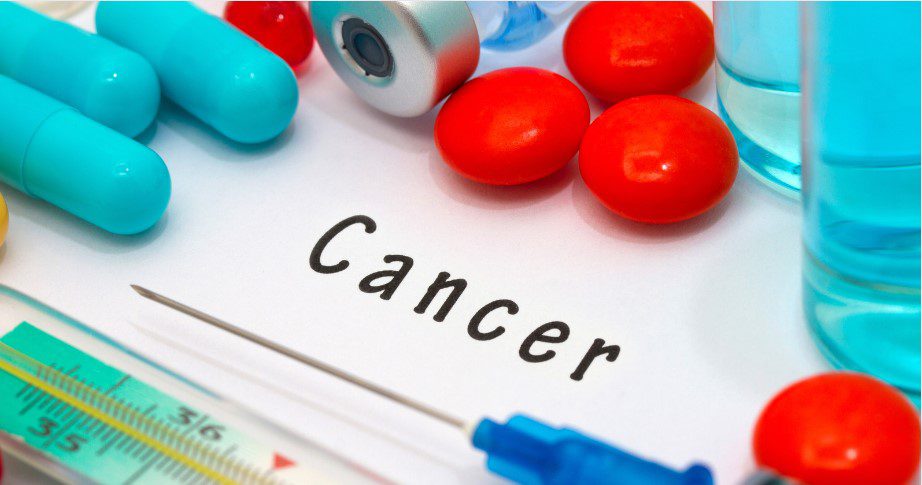Prevention is Key: Strategies for Reducing Cancer Risk

Cancer remains a formidable challenge, impacting countless lives globally. Despite advancements in treatment, the age-old wisdom rings true: prevention is paramount. By embracing proactive measures and prioritizing healthier lifestyles, we can significantly mitigate the risk of cancer. Let’s delve into effective strategies for diminishing the risks and fostering overall wellness.
Understanding Cancer Risk Factors
Before delving into prevention tactics, it’s imperative to grasp the diverse factors that contribute to the development of cancer. These encompass genetic predisposition, environmental influences, lifestyle choices, and underlying health conditions. By identifying and addressing these risk factors, we can take meaningful steps toward prevention.
Understanding Early Symptoms
Early throat cancer symptoms play a crucial role in prompt diagnosis and effective treatment. These symptoms may include persistent sore throat, hoarseness, difficulty swallowing, or the presence of a persistent lump in the throat. Additionally, unexplained weight loss, ear pain, or changes in voice quality could also indicate potential concerns.
Recognizing these early signs and promptly consulting a healthcare professional for evaluation and diagnosis is vital. Remember, early detection greatly improves the chances of successful treatment outcomes.
Embrace a Nutrient-rich Diet
A well-rounded diet plays a pivotal role in cancer prevention. Prioritize plant-based foods such as fruit, vegetables, wholegrains, and legumes, which are abundant in essential nutrients, vitamins, and antioxidants. Conversely, minimize intake of processed meats, sugary treats, and high-fat foods, which are associated with heightened cancer risks. Additionally, staying hydrated and moderating alcohol consumption further bolsters health.
Cultivate Physical Activity
Regular exercise not only aids in weight management but also slashes the risk of various cancers, including breast, colon, and lung cancer. Aim for at least 150 minutes of moderate-intensity activity weekly, like brisk walking, cycling, or swimming. Incorporating strength training routines can also enhance muscle strength and overall fitness.
Kick the Habit
Tobacco usage stands as the primary preventable cause of cancer globally, implicated in numerous health ailments, from lung to throat cancer. If you smoke, seek support to quit, whether through counseling, nicotine replacement therapy, or pharmaceutical aids. Ditching smoking not only reduces the risk of cancer but also fosters overall health and vitality.
Shield Against Sun Exposure
Skin cancer ranks among the most prevalent cancer types but is largely preventable through sun-safe practices. Limit sun exposure, particularly during peak hours, and apply sunscreen with ample SPF protection. Wear protective attire, including wide-brimmed hats and long-sleeved garments, and seek shade during prolonged outdoor activities.
Prioritize Routine Screenings
Early detection significantly boosts the efficacy of cancer treatment. Adhere to recommended screening protocols for breast, cervical, colorectal, and prostate cancer, which are tailored to age, gender, and individual risk profiles. Regular screenings facilitate timely detection of anomalies when interventions are most effective.
Manage Stress
Chronic stress compromises immune function and exacerbates inflammation, potentially elevating cancer susceptibility. Integrate stress-relief techniques such as mindfulness meditation, deep breathing exercises, or yoga into your daily regimen. Prioritize self-care endeavors and engage in activities that foster relaxation and emotional equilibrium.
Conclusion
In the ongoing battle against cancer, prevention stands as our most potent weapon. Through informed choices and health-conscious habits, we wield the power to curtail cancer risks and nurture prolonged well-being. Prevention indeed holds the key, empowering us to seize control of our health trajectories and embrace thriving lifestyles.
